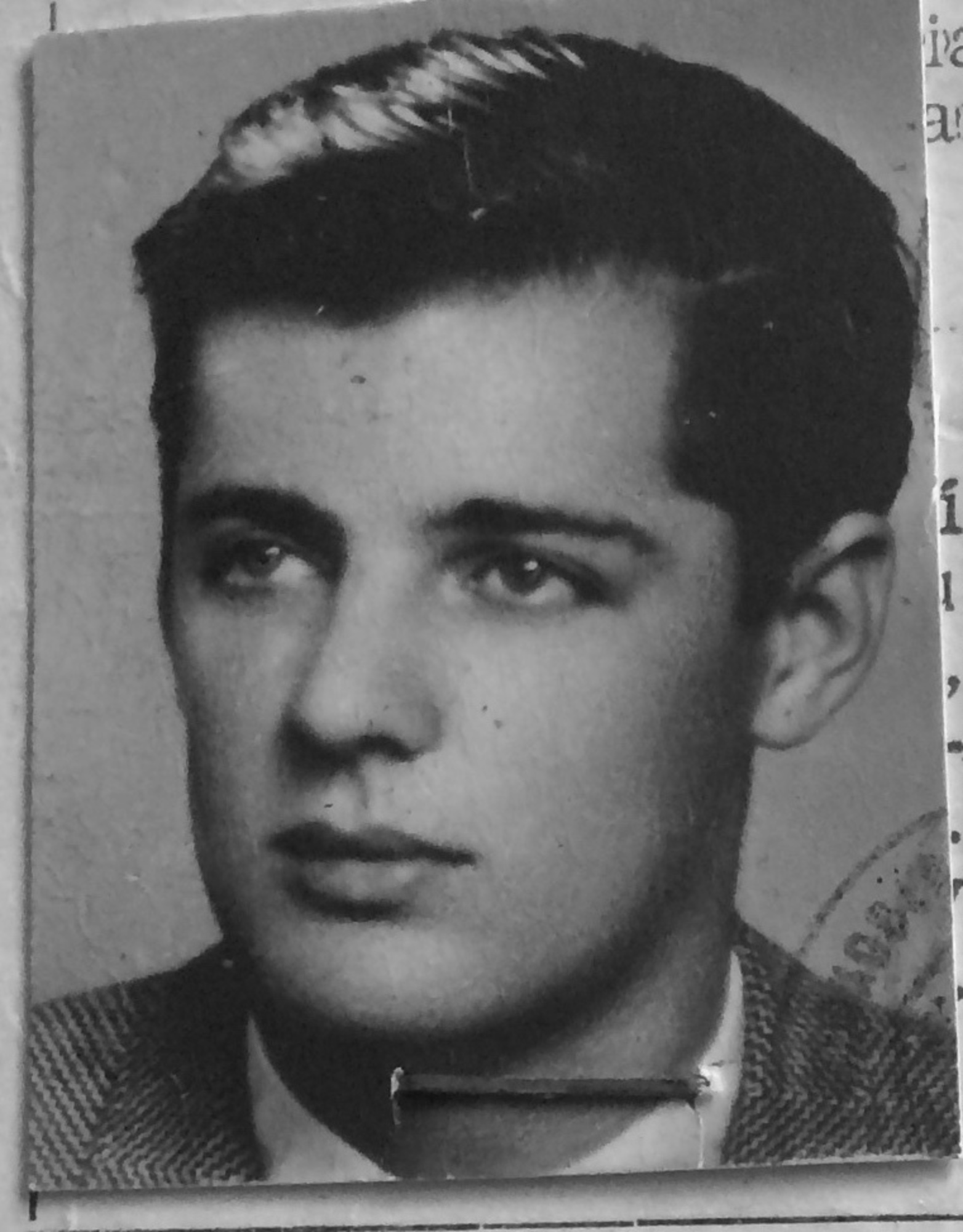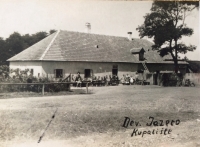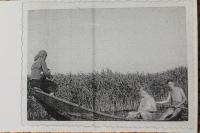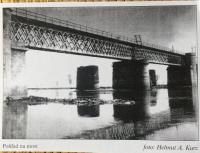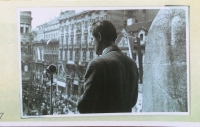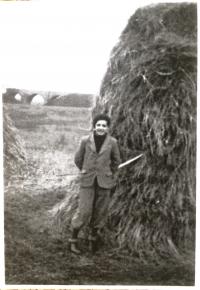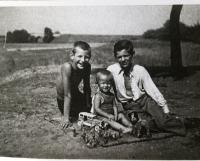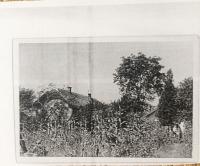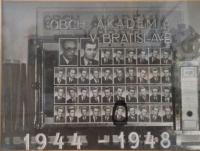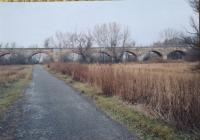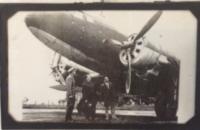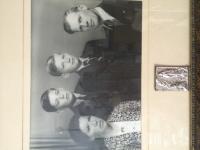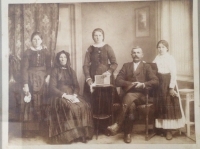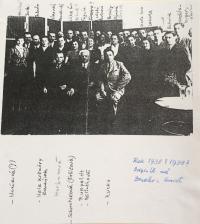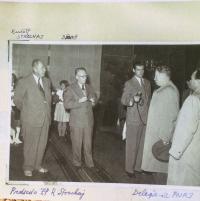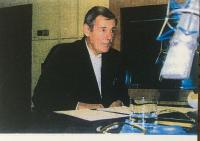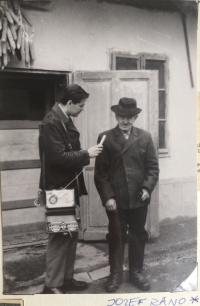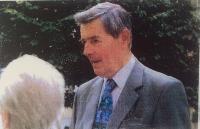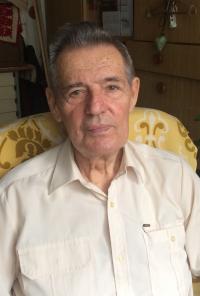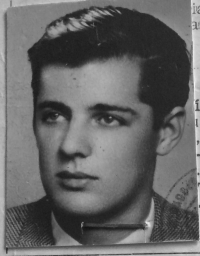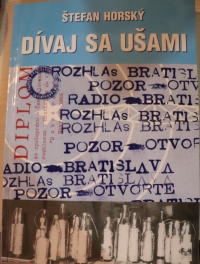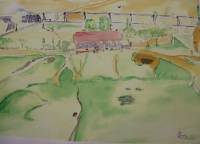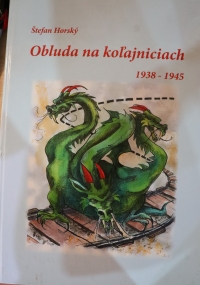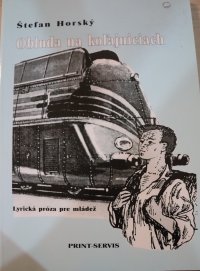"They found that they didn't have enough bridges for that return when those divisions rolled home. So in Devínska Nová Ves, there was a large area, so there were about 40 or 50 prisoners. Everything like fachmans, carpenters, carpenters and masters… and engineers walked between them and instructed them and made parts for the bridge over Moravia, on the place where the Bridge of Freedom is now, there once made the Maria Theresa Bridge, which scattered the ice of the Danube and there was no bridge and the bridge was prepared at that station in Devínská Nová Ves and they were assembled according to those parts. In Devínská there was the mayor, of which they had horses and every single part they drove there, and on February 45, the bridge was ready. So, so they had, they had so far-sighted, so far-sighted… they were going on the way back, on the way back.
And I would still ask the court that you…
Yes, that's right, I want to say that now. That that these Germans left, in an instant they left that road, that railway, which was also a normal road. There was also a railway from Devínská Nová Ves to Marchegg, one track was working and they made a normal route next to the other because in Austria-Hungary it was a double-track railway. Czechoslovakia canceled one dormitory and there was one dormitory that is still there today. And suddenly, these cannons appeared to us and deleted them just to make it into the darkness. Everywhere… or the main bridge body over the river, there was only a monorail, there they could do nothing, so they put new sleepers between the rails, so there could be cars and infantry, it could be incredible enough… When they rushed there it was heard that supposedly only in Stupava, as it said… Well, we fell asleep in the evening… In the morning at half past three, the house almost rose, the bridge flew into the air. That main body of the bridge. And for that, we were already in the cellar and we were already upstairs. "Uncover, chazaj, uncover, where German, where German ?!" So we ran out, we ran out and the first thing was German. Well, the Germans left in the evening. And I don't know what, I don't know what he's saying to my father and they were hanging around the well. And that's what the one officer says. "Where the well is - here it is. Where is water… water there is. ” And they wandered around the well, and the Russian spoke to him. We had long chains in the yard and we grazed goats. The Russian scratched the chain, wrapped it around the well and wrote in large letters. Surprisingly, I imagined at the time, we had Russian at the Palisády at that time - and English, and the Russian had poisoned water written there. ”
